Description
Price: 5.00 USD | Size: 2.46 GB | Duration: 7.09+ Hrs
BRAND: Expert TRAINING | ENGLISH | INSTANT DOWNLOAD
Course Overview
Master the fundamentals of network security with our comprehensive course designed for IT professionals and cybersecurity enthusiasts. This course provides a solid foundation in computer networks, protocols, and security principles, preparing you to safeguard networks against evolving cyber threats.
What You’ll Learn
- Foundations of Computer Networks: Understand the OSI (Open Systems Interconnection) model, network components, and protocols.
- Network Architectures: Explore LAN (Local Area Network), WAN (Wide Area Network), and VPN (Virtual Private Network) architectures.
- Common Network Protocols: Delve into TCP/IP (Transmission Control Protocol/Internet Protocol), DNS (Domain Name System), and DHCP (Dynamic Host Configuration Protocol).
- Network Security Fundamentals: Grasp key concepts like authentication, access control, confidentiality, integrity, and availability.
- Network Threats and Attacks: Learn about malware, viruses, worms, DoS (Denial-of-Service) attacks, phishing, and social engineering.
- Network Monitoring and Intrusion Detection: Techniques for monitoring network traffic, detecting intrusions, and analyzing network behavior.
- Security Policies and Compliance: Importance of documentation, risk assessment, incident response planning, and regulatory compliance.
Course Content
- Introduction to Networking: Basics of computer networks, the OSI model, and network components.
- Network Architecture: Characteristics, advantages, and vulnerabilities of LAN, WAN, and VPN.
- Network Devices and Configurations: Routers, switches, firewalls, and intrusion detection systems—configuration and management.
- Network Protocols: Functions and security implications of TCP/IP, DNS, DHCP, and SNMP.
- Network Security Fundamentals: Authentication, access control, and the principles of confidentiality, integrity, and availability.
- Network Threats and Attacks: Identifying and mitigating common network threats and attacks.
- Network Monitoring and Intrusion Detection: Tools and techniques for effective network monitoring and intrusion detection.
- Security Policies and Procedures: Developing comprehensive network security policies and ensuring regulatory compliance.
- Best Practices: Industry standards for network security, including encryption, patch management, and network segmentation.
- Incident Response: Procedures for identifying, containing, analyzing, and recovering from network security incidents.
Who Should Join
- IT Professionals: Network administrators, system administrators, security analysts, and IT managers seeking to enhance network security skills.
- Cybersecurity Practitioners: Those looking to expand their knowledge in network security and incident response.
- Students and Graduates: Individuals pursuing careers in network security or related IT fields.
- Anyone Interested in Network Security: Those who want to build a solid foundation in network security principles and practices.
Requirements
- Basic understanding of computer operations and familiarity with operating systems like Windows, macOS, or Linux.
- Beneficial: Basic networking concepts such as IP addressing, subnetting, routing, and TCP/IP protocols.







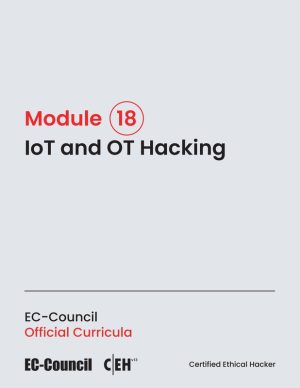
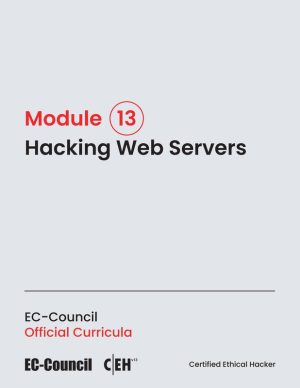
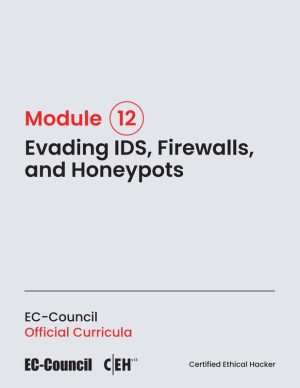





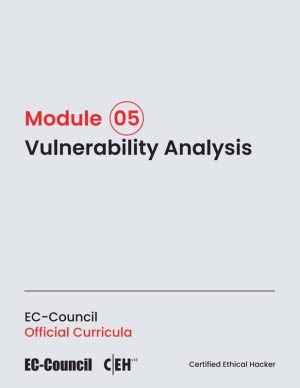
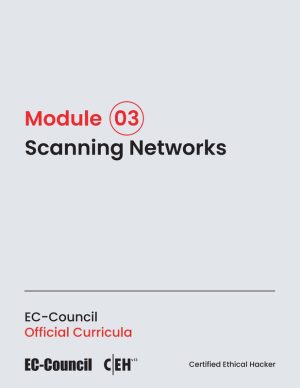

Reviews
There are no reviews yet.